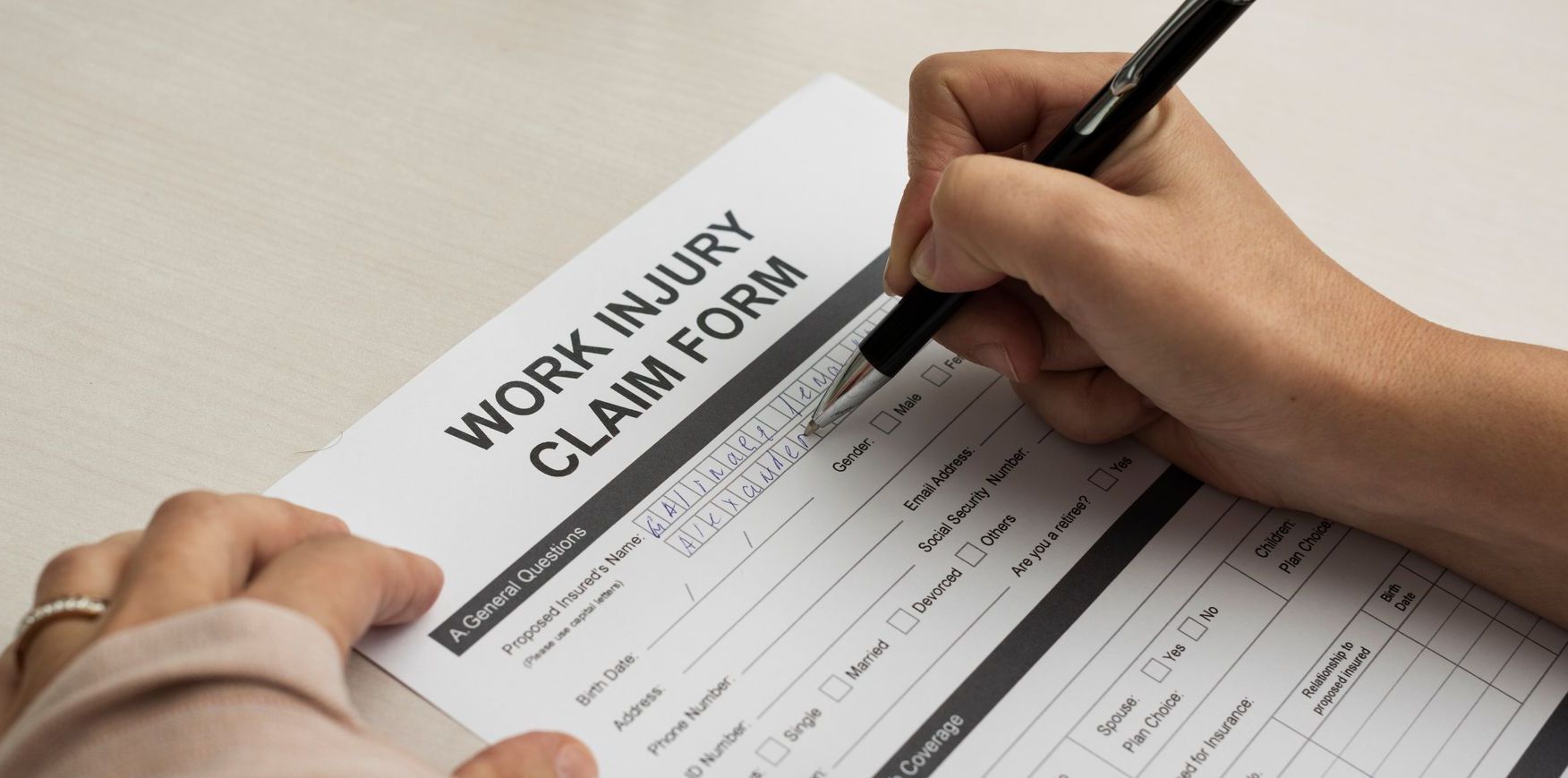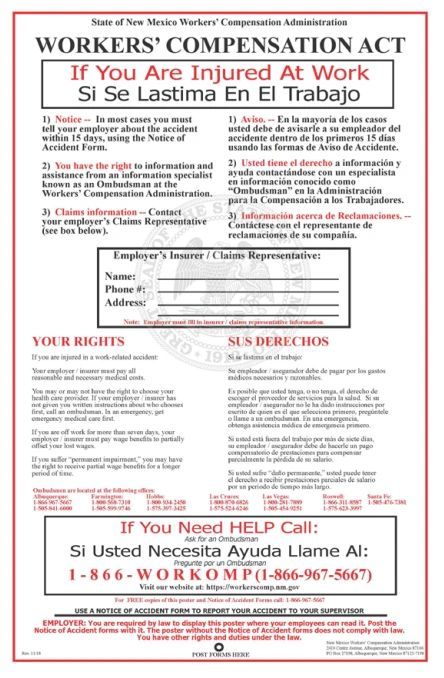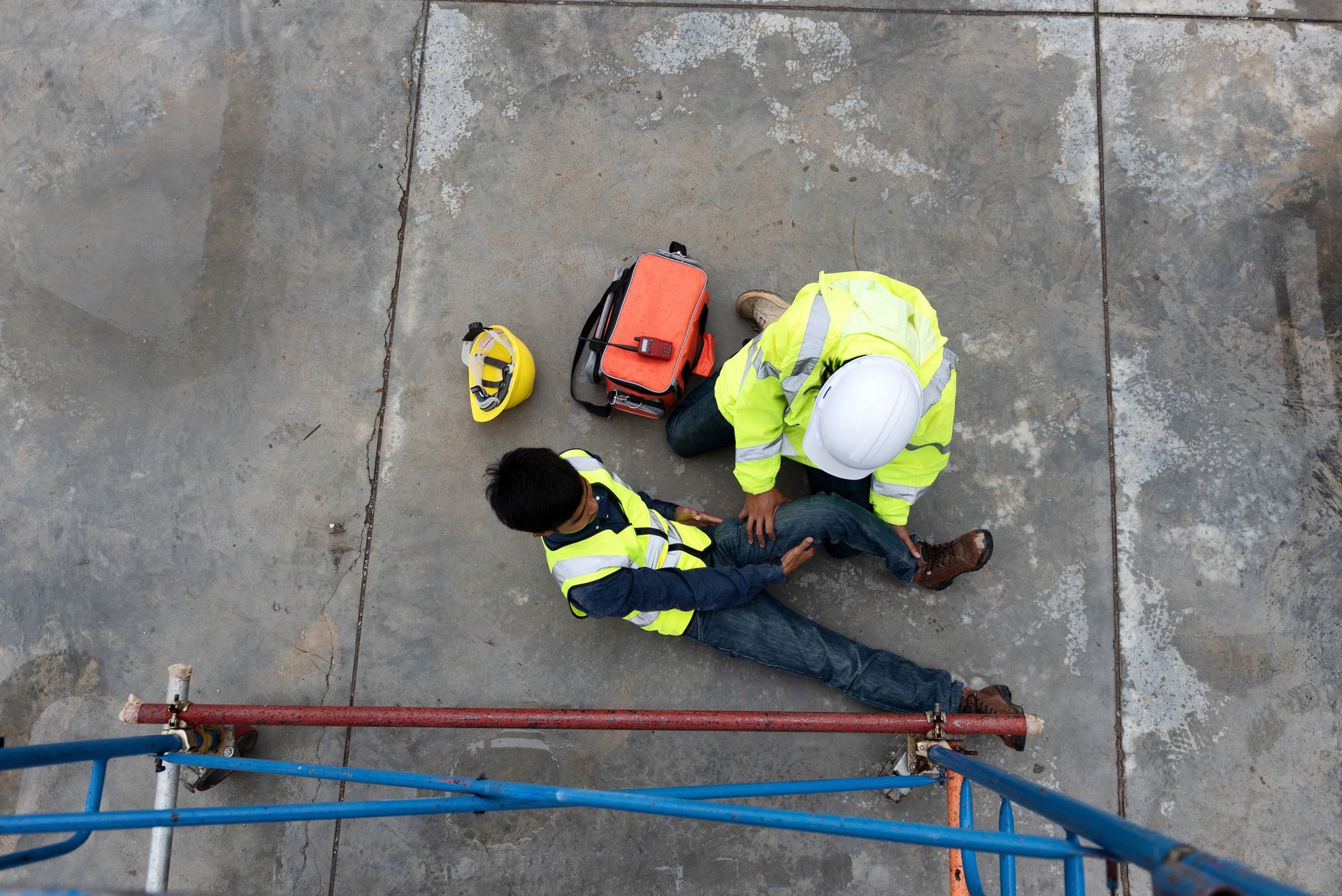Expert Representation in
Workers' Compensation Matters
Navigating the Workers' Compensation system can be complex, but at Lueker Law, LLC, we are here to guide you every step of the way. With 14 years of dedicated experience in Workers' Compensation law in New Mexico, our firm understands the intricacies of the system and how to secure the benefits you are entitled to.
Indemnity Benefits
When you are injured on the job, you may be entitled to indemnity benefits, which compensate you for lost wages. We ensure that you receive the full amount you deserve, so you can maintain your financial stability during your recovery.
Medical Benefits
Medical benefits cover the necessary treatment for your work-related injury. We work tirelessly to make sure that your medical expenses are fully covered, including doctor's visits, surgeries, and rehabilitation.
Temporary Total Disability
If your injury prevents you from working temporarily, you may qualify for temporary total disability benefits. We assist in filing your claim and advocating for your right to receive these benefits until you can return to work.
Permanent Partial Disability
For injuries that result in long-term impairment but do not completely prevent you from working, permanent partial disability benefits are available. We help you understand and claim these benefits, ensuring your future financial security.
Permanent Total Disability
In cases of severe injury that render you unable to work permanently, we fight for your right to permanent total disability benefits. Our goal is to secure the compensation you need to support yourself and your family long-term.
Whole Person Injury
Whole person injury ratings can impact the benefits you receive. We work with medical professionals to accurately assess your injury and ensure you receive appropriate compensation.
Scheduled Injury
Certain injuries are classified as scheduled injuries with predefined benefits. We help you navigate these classifications and secure the maximum benefits available.
Independent Medical Examinations
Independent medical examinations can significantly impact your case. We prepare you for these examinations and challenge any unfair assessments to protect your interests.
Medicare Set Asides
For those eligible for Medicare, we assist in creating Medicare set asides to ensure that your future medical expenses related to your injury are covered.

WORTHY CAUSES & NOTABLE CASES
01

3rd Party Spoliation Claim Out of Oil Field Work Injury
During a Plug & Abandon operation in the oil fields outside Portales, NM, a defective rig elevator opened, dropping a long, heavy piece of casing from approximately four stories in the air onto the head and neck of a young Spanish speaking Oil Well Worker and Father of two small children. Through discovery, we realized that the oil well company destroyed the elevators involved in the accident and brought a lawsuit for spoliation, or Destruction of Evidence—a cause of action outside the exclusive jurisdiction of the Workers' Compensation Act. We reached a settlement of $8 million dollars, including structured settlements for the Injured Worker’s two children and a cash settlement for his wife, on the Personal Injury lawsuit. On the Workers' Compensation claim, we secured Permanent Total Disability benefits and medical benefits for life for the Injured Worker, including home health care services.
02

Special Errand Exception to Going & Coming Rule in Workers' Compensation
In a hard-fought exception to the Going & Coming Rule, where an Editor of a publication for radiologic technologists made a special errand to attend a symposium she had organized, when she was hit by a speeding driver, resulting in multiple, catastrophic injuries that left her wheel-chair bound, I reached a settlement of $850,000.00 on a fully denied Workers' Compensation claim and collaborated with another attorney who defended successfully against an ERISA subrogation claim.
03

Workers' Compensation Appeal
Following a successful appeal, I reversed the Workers’ Compensation Judge’s findings that an injured construction worker reached Maximum Medical Improvement with a 0% Impairment Rating following and settled the case after the Court of Appeals held that an Independent Medical Examination Report is inadmissible hearsay.
Lueker Law, LLC is ready to to take your case and provide you with dedicated representation.

Contact Us
At Lueker Law, LLC, we are dedicated to providing comprehensive, compassionate, and expert legal support for all your Workers' Compensation needs. Contact us today to schedule a consultation and let us help you secure the benefits you deserve.
LEGAL NEWS



YOUR ADVOCATE AND ALLY IN OBTANING THE WORKERS' COMPENSATION BENEFITS YOU DESERVE.
Contact Lueker Law, LLC Today
Knowledgeable and Competent Legal Representation
QUICK LINKS
PRACTICE AREAS
This website has been built to be accessible for all users. If you experience any difficulty in accessing this website, please contact us for assistance.








